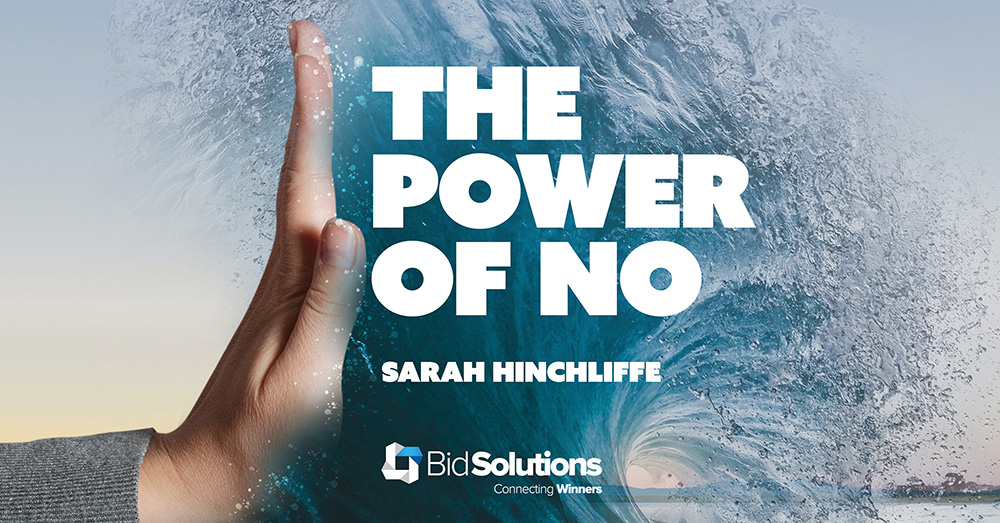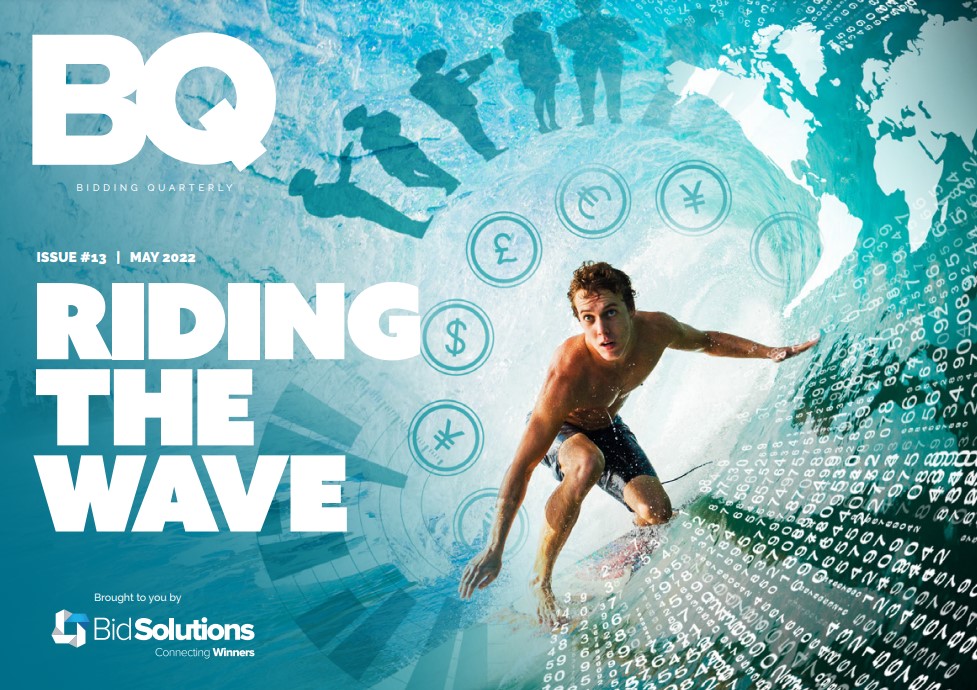
Waves are powerful. They can lift you high, but the descent can be gentle or treacherous. So, surf with care…
The crest
It was a rainy day in London, February 2020. I had spent the day at Belinda Parma’s APMP UK Empathy Workshop. The world was good – the pandemic seemed a problem far away. Except it wasn’t. In March, the term “lockdown” entered our lives.
After that, I only returned to London once but I didn’t mind – I was too busy to go anywhere. Throughout the pandemic, I thrived. I had more work than ever before, and never having to leave home meant plenty of additional hours.
When people asked me what I was doing with all my spare time in lockdown, what new hobbies I’d taken up, I felt somewhat embarrassed to say “zilch” – I was too busy working. If lockdown eased off, I’d cram in some weekend cooking for friends, then work. And as for holidays, my beloved Italy was off the agenda, and the concept of a ‘staycation’ was alien to me. So I just worked.
By January 2021, I thought we might be on our way back to normality. But no. More lockdown brought more months of non-stop work and no holidays. And after the summer, the bid world went truly bonkers. From September, I hardly knew which way was up.
As a freelancer, riding the crest of a tsunami of work is quite exhilarating – people want you and need you. The fear of a lean month evaporates. The money is coming in. There’s time and only you to say, “Don’t work evenings and weekends.” Why disappoint the hands that feed you? Why say “No”?
The wipeout
But there is a reason to say no. While riding my wave of work, I never rested. I had to dig deep to support my husband when he was feeling under par, grieve for our beautiful lurcher boy who died unexpectedly, fight off a persistent cold (twice), and get to grips with a new, traumatised rescue lurcher lady who joined us last November. By January 2022, I was mentally, emotionally and physically exhausted. My body told me: “STOP” – I won’t go into detail!
Strangely, work was kind and started to ease off. I revived an old stress management technique with a trusted counsellor, gave up wine, got extra sleep and recruited help with the new dog. Three weeks later, I started feeling like my old self.
Safe surfing
Have I learnt to say no? I sincerely hope so, if only a little. Here are my top tips for staying safe:
- Listen when your nearest and dearest say they are worried about you, and to yourself when you find strange reactions. I’m not a tearful person but I kept welling up for no apparent reason, which I should have recognised as a sign.
- Talk about how you feel – it’s not a sign of weakness, but of strength. Many of us, including me, will happily have a chat with a fellow bidder under stress. Or find a professional mentor or counsellor.
- Phone a friend for moral support and to share work. Even if you need to be the ‘client face,’ a trusted colleague who will work behind the scenes with you is invaluable (thank you, Isabel Moritz).
- Have a ‘light touch’ service for when you can’t commit the time or don’t want the work but don’t want to let the client down.
- Don’t be afraid to decline work that doesn’t suit you, even if it’s with a regular client. Just explain it’s not your strong point, and you won’t take on something you can’t deliver to your usual high standard.
- Build a network of complementary fellow freelancers or small businesses who you can introduce – this can cut both ways when they call you back with bid work. I have people I can call on for deep-dive advice on social value, procurement, digital marketing and proposal automation.
- Stay on top of your finances and sales pipeline; knowing exactly how much money you need and where it may come from eases pressure. And consider setting quarterly income targets rather than monthly.
- Don’t over-volunteer – choose activities because you want to, have real value to add, and, most importantly, have the time without sacrificing your home life.
Back onshore
I realise now that freelancers must provide their own pastoral care. Being naturally independent and pretty robust, it never really occurred to me before that I needed to be proactive. I’m lucky to have an understanding husband, stepsons and friends, and rather lovely clients. So, I didn’t drown. I floundered around for a while feeling mentally battered and bruised, then bounced back to tell the tale and be wiser in the future. I hope it helps to share.
This article was written by Sarah Hinchliffe.

